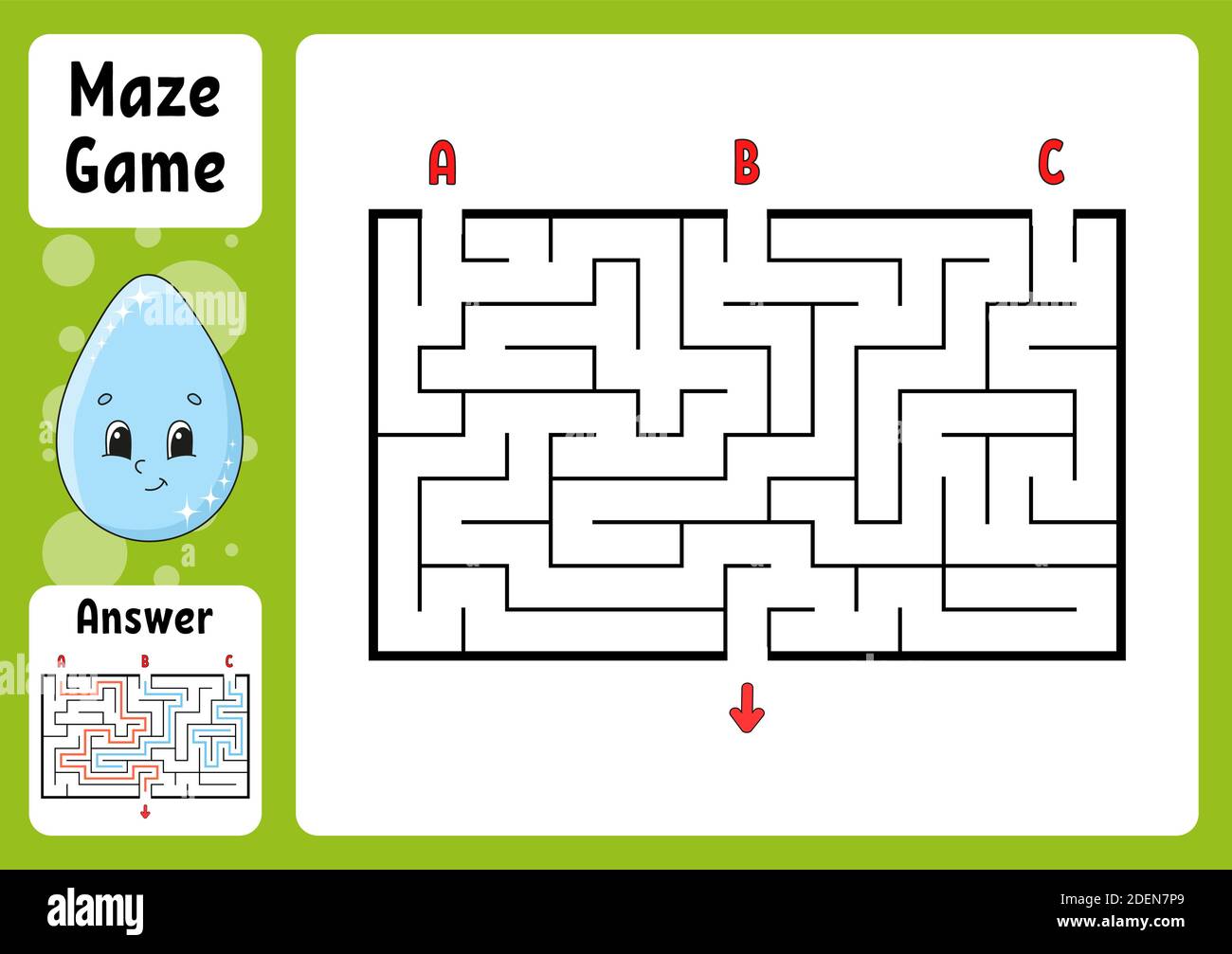Best camping supplies are crucial for a successful and enjoyable outdoor adventure. From choosing the perfect tent to packing the right clothing and food, careful planning ensures comfort and safety. This guide delves into the essential gear, offering advice on selecting high-quality yet practical items that fit your budget and camping style, whether you’re a seasoned camper or a first-timer.
We’ll cover everything from tents and sleeping bags to cooking equipment and safety essentials. We’ll also explore the importance of Leave No Trace principles to minimize your environmental impact and ensure the preservation of these beautiful spaces for future generations. By the end, you’ll be well-equipped to choose the best camping supplies for your next trip.
Cooking and Food Preparation: Best Camping Supplies
Cooking delicious and nutritious meals while camping enhances the overall experience. Proper food preparation and storage are crucial for a safe and enjoyable trip, minimizing the risk of spoilage and unwanted wildlife encounters. Choosing the right cooking equipment depends heavily on your camping style, whether you’re backpacking with minimal weight or car camping with more space and luxury.
Essential Cooking Equipment
The selection of cooking equipment significantly impacts your camping culinary success. Backpacking requires lightweight and compact gear, while car camping allows for larger and more versatile options.
- Backpacking: A lightweight backpacking stove (such as an alcohol or canister stove), a small pot with a lid (ideally nesting with a smaller pan), a spork (spoon/fork combination), a lightweight cutting board, and a small knife are essential. Biodegradable soap and a sponge complete the kit.
- Car Camping: Car camping provides more room for larger cooking items. Consider a portable camping stove with multiple burners, a larger pot and pan set, various utensils (including a spatula and tongs), a cutting board, chef’s knife, and a cooler to keep food fresh. A collapsible water container is also useful.
Sample Three-Day Camping Meal Plan
Planning your meals ahead helps ensure you have all the necessary ingredients and minimizes food waste. This sample plan caters to both ease of preparation and nutritional value.
| Meal | Day 1 | Day 2 | Day 3 |
|---|---|---|---|
| Breakfast | Oatmeal with dried fruit and nuts | Scrambled eggs with pre-cooked bacon | Pancakes (using pancake mix) with syrup |
| Lunch | Sandwiches (pre-made) with chips and fruit | Tuna salad sandwiches on whole wheat bread | Leftover chili |
| Dinner | One-pot chili (canned beans, diced tomatoes, ground beef/vegetarian alternative) | Campfire foil packets (vegetables, sausage, potatoes) | Pasta with pesto and vegetables |
Ingredients List (adjust quantities based on your group size): Oatmeal, dried fruit, nuts, eggs, pre-cooked bacon, pancake mix, syrup, bread, tuna, mayonnaise, whole wheat bread, canned beans, diced tomatoes, ground beef/vegetarian alternative, foil, vegetables (onions, peppers, carrots), sausage, potatoes, pasta, pesto.
Safe Food Storage, Best camping supplies
Preventing wildlife from accessing your food is crucial for both your safety and the preservation of the natural environment. Animals are attracted to the smell of food, so proper storage is essential.
Proper food storage techniques significantly reduce the risk of attracting animals. Never leave food unattended, and always store it in airtight containers. Consider using bear canisters or hanging food from a tree branch using a bear bag. Cleaning up food scraps immediately after meals and disposing of waste properly is also vital.
Always store food in airtight containers and away from your tent. Never leave food scraps unattended.
Preparing for a camping trip involves more than just packing a bag; it’s about selecting the right gear to ensure comfort, safety, and a minimal environmental impact. By carefully considering the factors Artikeld in this guide, from choosing a suitable tent and sleeping bag to assembling a comprehensive first-aid kit, you can significantly enhance your camping experience. Remember, the best camping supplies are those that meet your specific needs and allow you to connect with nature responsibly.
FAQ Guide
What’s the best way to break in new hiking boots?
Wear them around the house for short periods, gradually increasing the time. Consider using boot stretchers for particularly tight areas.
How do I prevent condensation in my tent?
Ensure good ventilation by opening vents and using a rainfly. Avoid touching the tent’s inner walls with wet gear.
What’s the best way to store food in bear country?
Use bear-resistant canisters or hang food from a tree using a bear bag.
How can I purify water while camping?
Use water purification tablets, a filter, or boil water for at least one minute.
Discover how short hikes near me has transformed methods in this topic.

